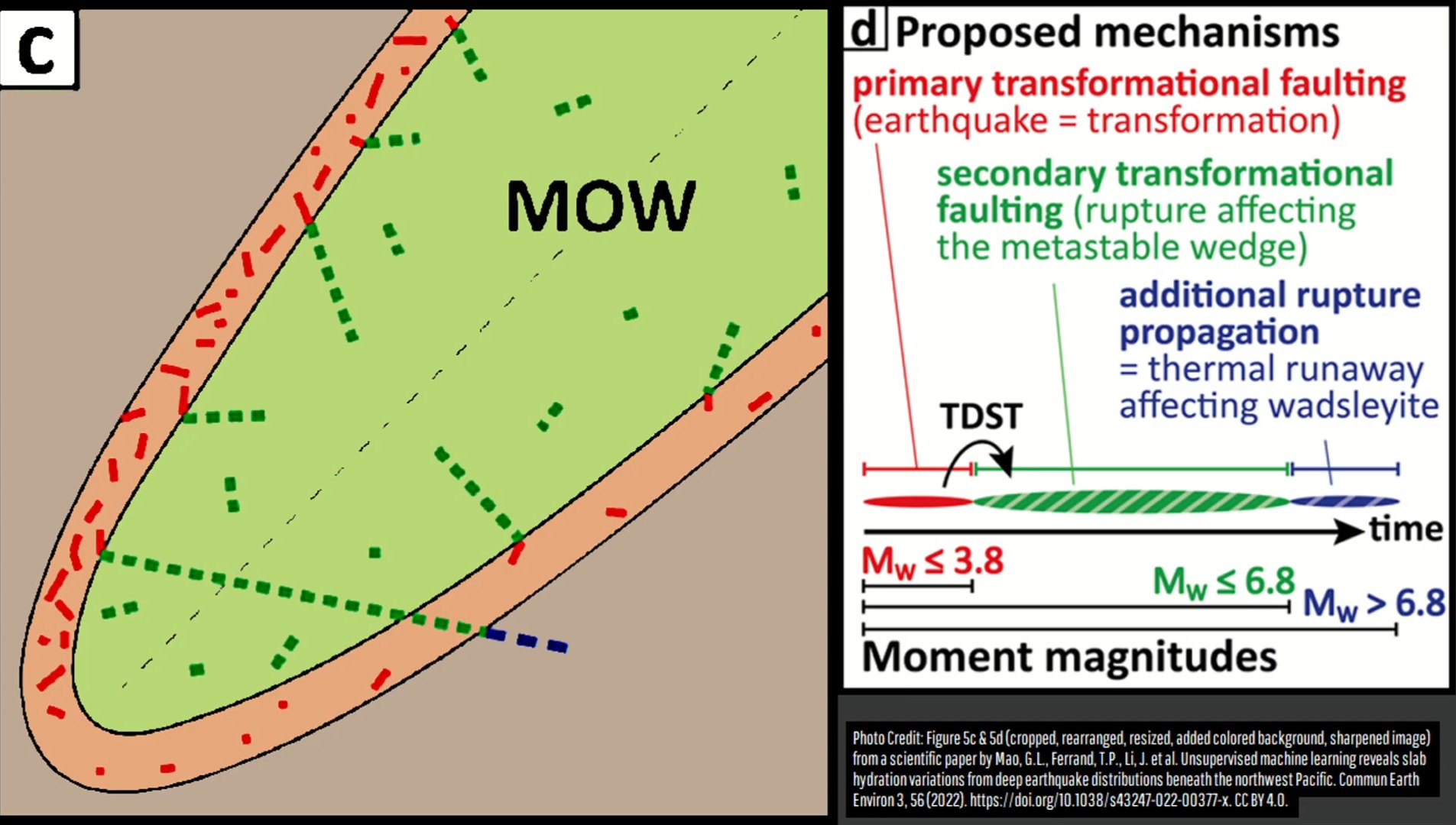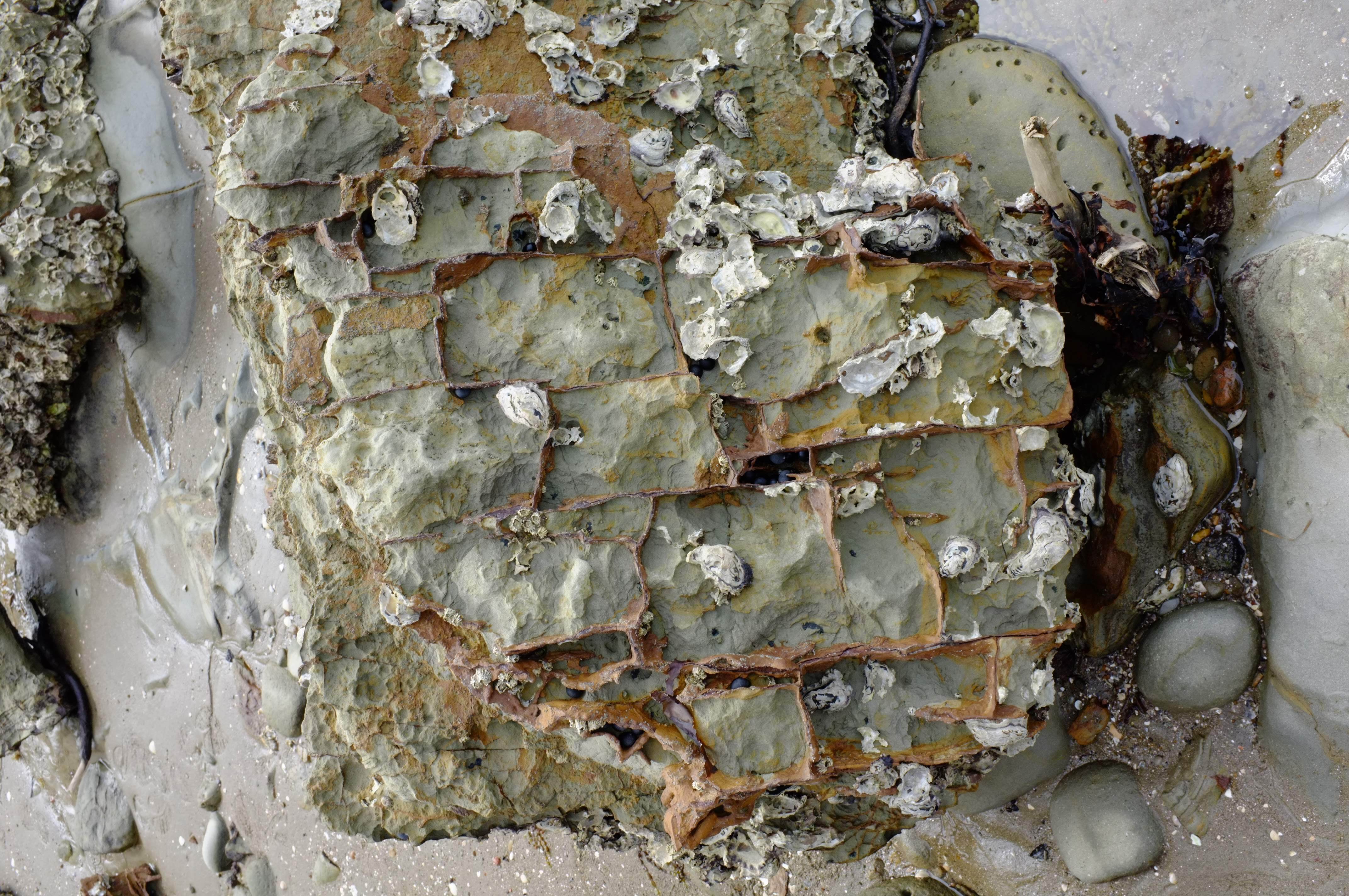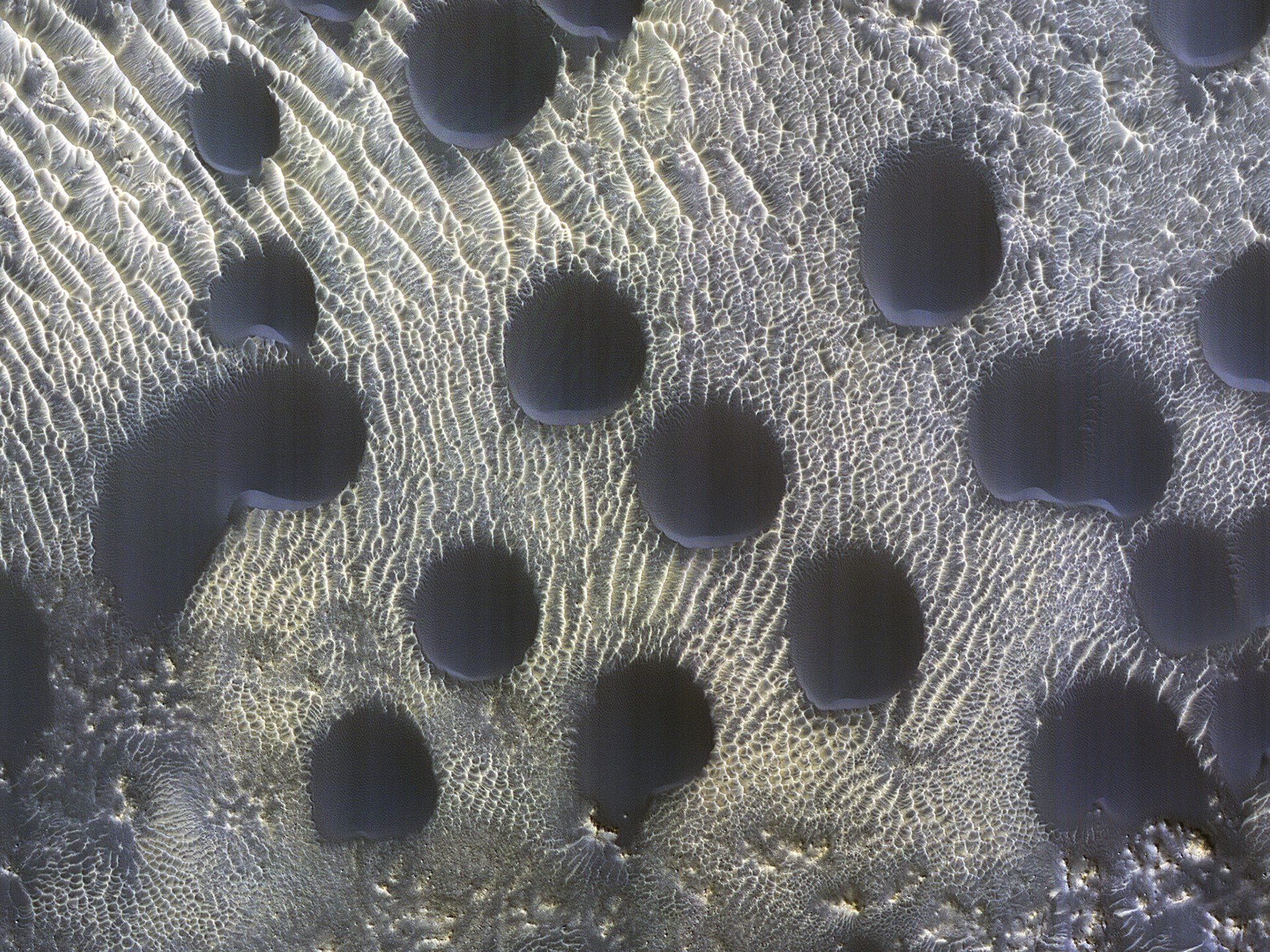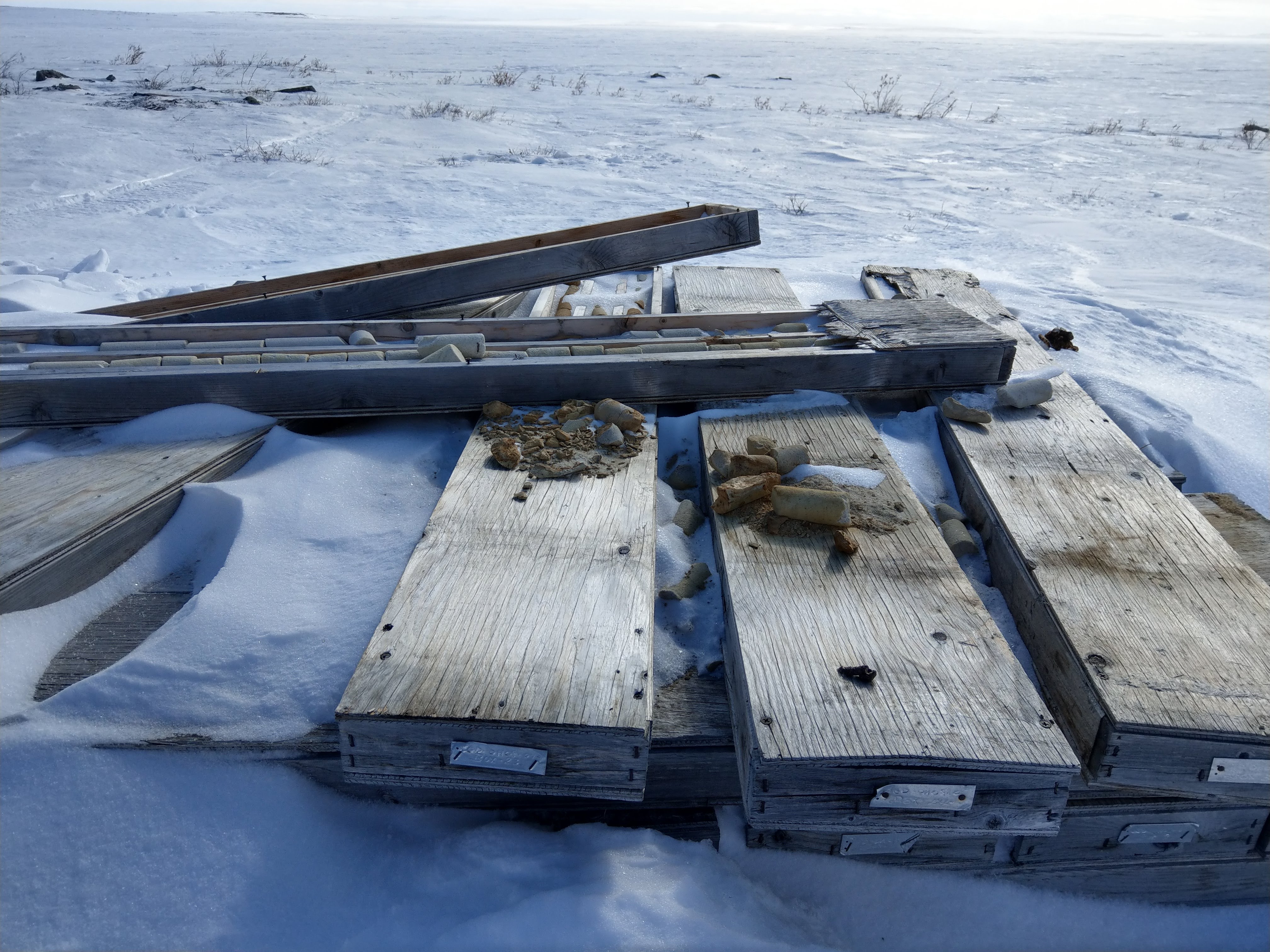Geology
391 readers
1 users here now
For all things geology, including serious discussions, memes, field photos, rockhound questions, and more. See also: Mining, Geophysics, Geology Careers, and !earthscience@mander.xyz
General rules: must be geoscience related; must adhere to lemmy.ca moderation rules; no pseudoscience.
founded 1 year ago
MODERATORS
1
2
3
4
5
6
7
8
18
Biscuit Basin closed in Yellowstone National Park after massive explosion - East Idaho News
(www.eastidahonews.com)
9
4
10
11
12
13
14
15
16
17
18
19
20
21
22
23
24
25
view more: next ›





